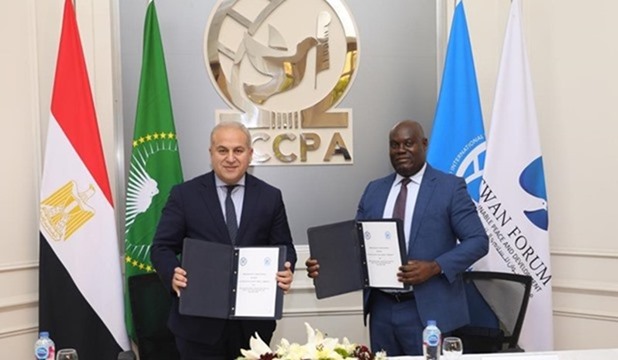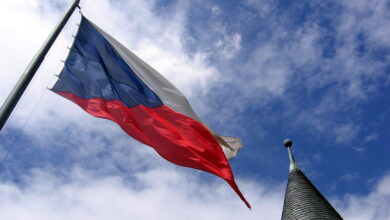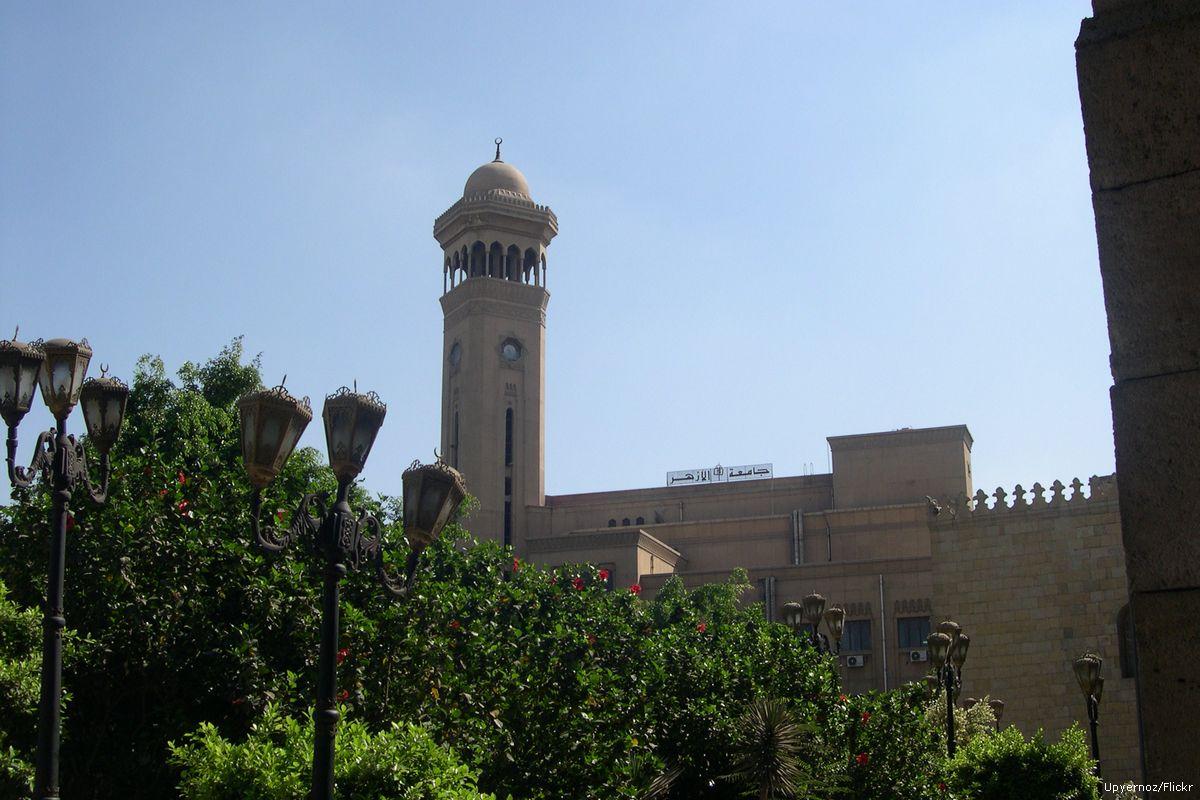
Ambassador Ahmed Nihad Abdel Latif, Director of the Cairo International Center for Conflict Resolution, Peacekeeping, and Peacebuilding (CCCPA), signed a cooperation agreement with Rear Admiral (JG) Gottlieb Pandeni, Commandant of the SADC Regional Peacekeeping Training Centre (RPTC), headquartered in Zimbabwe.
The ceremony, held in Cairo, was attended by ambassadors from several SADC member states.
The agreement strengthens collaboration between two key African Union-recognized Centers of Excellence through delivering high-quality training and capacity-building initiatives for personnel involved in United Nations peacekeeping missions and African Union peace support operations.
Ambassador Abdel Latif said the agreement reflects the Cairo Center’s dedication to fostering strong partnerships with peer African training institutions and regional economic communities (RECs), which serve as vital components of the African peace and security architecture.
He highlighted the Center’s ongoing cooperation with the African Union, including its co-leadership of the African Network of Think Tanks for Peace (NeTT4Peace).
Abdel Latif stressed that the agreement underscores Egypt’s unwavering commitment to advancing collaboration with African nations, organizations, and regional groupings.
He stated that it also aims to mobilize the expertise of African training and capacity-building institutions to address the pressing challenges to peace and security on the continent.
The agreement outlines collaboration between the two centers in organizing training programs tailored to their areas of expertise.
These include peacekeeping, peacebuilding, preventing violent extremism and terrorism, promoting the roles of women and youth in peace and security, disarmament, demobilization and reintegration (DDR), and addressing the interconnected challenges of climate change, peace, development, and transnational threats.
The initiative aims to enhance the capabilities of African personnel involved in peacekeeping and peace support operations.
Furthermore, the agreement establishes a framework for ongoing consultations between the two centers on shared priorities, facilitating the exchange of expertise and best practices to achieve common objectives.




